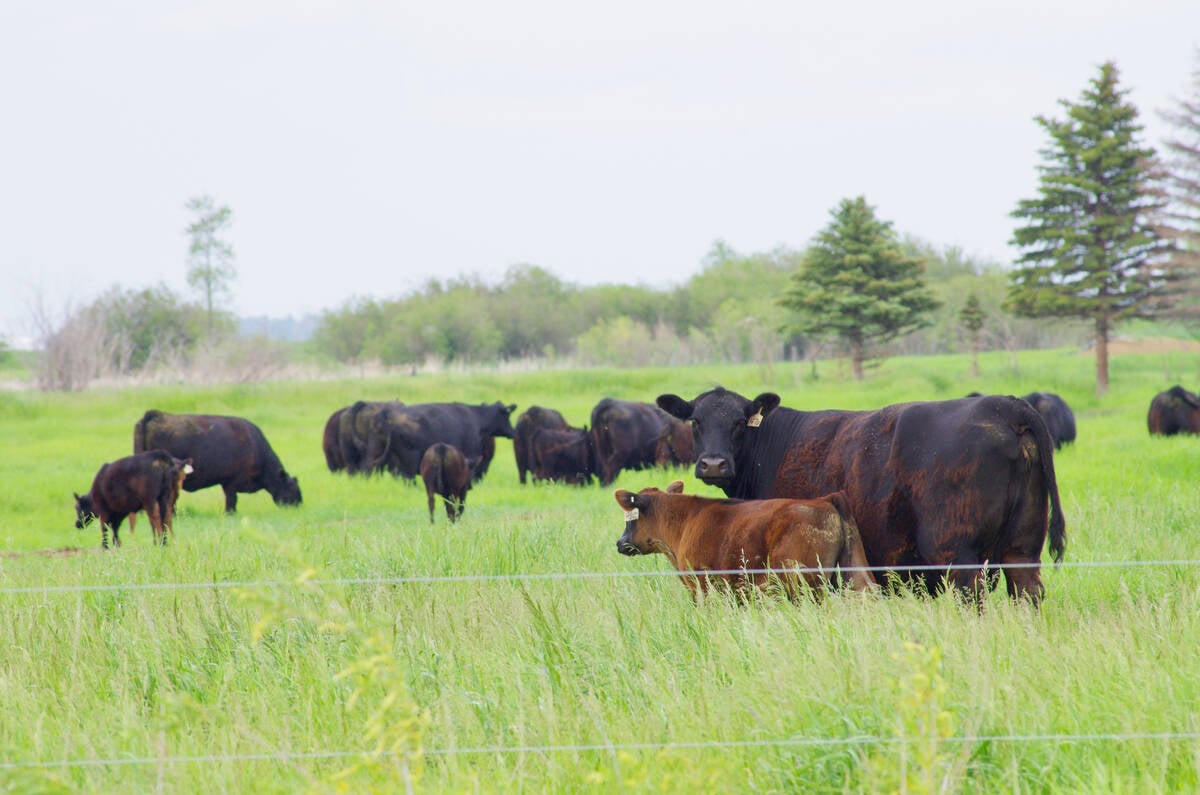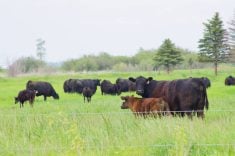AIRDRIE, Alta. – Canada is moving forward with a voluntary scrapie surveillance and genotyping program, starting in January.
The federal government has provided $1.5 million for the pilot program, which the Ontario Sheep Marketing Agency will administer.
“With the limited resources that the Canadian Sheep Federation has, Ontario sheep stepped up to the plate to help us out,” said Jennifer Fleming of the federation.
The initial pilot program is open to 60 sheep and 10 goat producers. The surveillance program will check animals for scrapie while the genotyping program will assess breeding animals for resistance to the disease.
Read Also

Tick research from the University of Manitoba focuses on insects and testing
Manitoba researchers are looking into the effects of tick and fly disease in cattle.
Alberta has already moved ahead with its own program. The provincial government and producer groups have contributed $500,000 in money and in-kind contributions and the program will start in January. Meetings to explain the program should start at the beginning of December, said Maureen Duffy, manager of the Alberta Sheep and Wool Commission.
“We already have a number of people who indicated they are interested in the program.”
The Alberta program will test heads submitted from animals older than 12 months in Alberta Agriculture laboratories in Fairview, Edmonton, Airdrie or Lethbridge. The heads can be frozen and transported at the farmer and lab’s convenience. Producers must pay for shipment.
In the genotyping program, veterinarians will collect blood samples from breeding stock older than 12 months to genotype them for scrapie resistance. Blood samples will be sent to the national centre for scrapie genotyping in Truro, N.S.
Purebred or commercial breeding animals can be genotyped for resistance on the sheep chromosome.
As well as genotyping, blood will be stored to test for Johne’s disease and Maedi Visna, also called ovine progressive pneumonia. This testing is likely to start in 2006.
Participating producers need to identify all sheep and lambs, maintain breeding and lambing records that identify parentage and keep birth data of all sheep to show they use single sire mating.
Australia and New Zealand have decided against building a scrapie resistant flock while the European Union, United States and Canada have opted to go the genetic route.
Alberta commission chair Floyd Williams said Canada feels pressured to launch a scrapie program similar to the U.S.
Canadian live sheep and lambs are caught in the BSE ban because scrapie is a transmissible spongiform encephalopathy disease.
The ban is likely to continue until a strong surveillance program is launched.
The American Sheep Industry Association said it does not believe Canada’s scrapie surveillance program is at the same level as the one in the U.S. and until it improves, it will not support resuming live trade.
“Every year that we delay starting that program is another year delay in getting seedstock across the border,” Williams said.

















